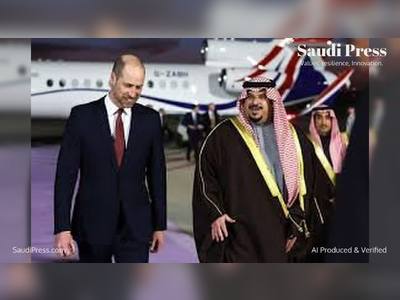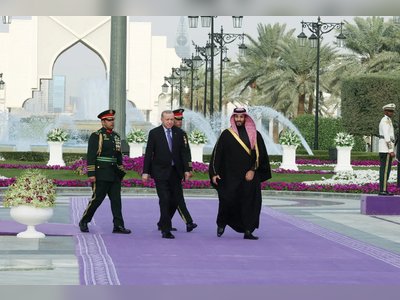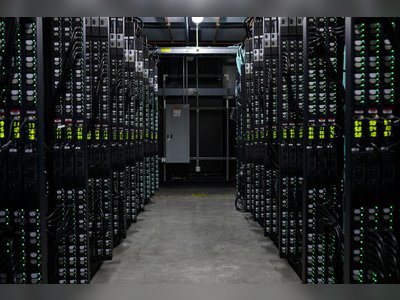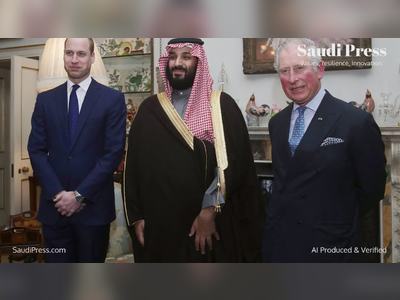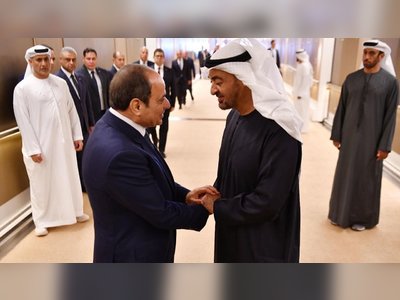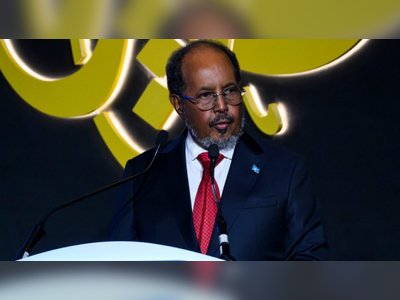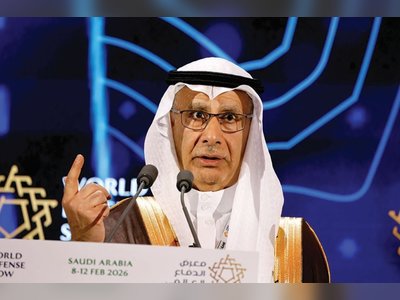
Tunisia’s president, opposition battle over who will fold first
Tunisia is approaching a crossroads as President Kais Saied continues to clash with growing opposition to his proposed new constitution.
Tunisia’s powerful trade union, the UGTT, is boycotting a planned national dialogue and has announced a general strike on June 16 in protest against Saied’s refusal to meet its demands.
On May 22, Saied met UGTT head Noureddine Taboubi in a bid to convince him of the merits of his roadmap for a new constitution, and secure the support of the UGTT.
Yet, despite the meeting reportedly lasting for hours, the governing board of the UGTT swiftly delivered a resounding rebuke of Saied by voting unanimously to go ahead with the strike.
Saied seized power last year on July 25 after suspending the elected parliament and the constitution, subsequently announcing that he would rule by decree.
Since then, Saied has declared his own roadmap, which involves holding a referendum on a new constitution on July 25 this year, the drafting of new elections laws, and then elections in December.
However, differences between Saied and the UGTT, whose leadership did not initially oppose Saied’s measures last year, have become more pronounced in recent times.
“The UGTT sees itself as a primary partner in the building of the state given its extensive history in fighting for the basic rights and the sacrifices it has made to secure them,” journalist Khaled Hermassi told Al Jazeera.
“The clash between Saied and the trade unions is one in which each seeks to break the other in order to rule. This is why the UGTT is threatening a general strike on 16 June. It is about strong-arming Saied into [at least] sharing power with them.”
Lamine Bouazizi, a representative of the Tunisians Against the Coup group that has organised a number of mass protests against Saied’s measures, agrees that “the UGTT are unhappy with the manner in which Saied has monopolised power”.
“The UGTT position has generally been one that supports Saied’s coup. However, there was also an expectation on the part of the UGTT leadership that Saied would be obedient and subordinate to their aims at expanding their power and influence over the state, and facilitate their politics aimed at eradicating their ideological opponents,” Bouazizi told Al Jazeera.
He believes that “the manner in which Saied has targeted the state’s institutions, the body blow that he delivered to the judiciary and his successful infiltration and effective takeover of the farmer’s union, means that the UGTT now believes that Saied poses a very real danger to them”.
However, Hermassi believes this does not suggest the UGTT has changed its position regarding its ambivalence towards the suspension of parliament and the constitution.
“The UGTT are threatening to strike because they feel Saied is not giving them their share of power,” Hermassi said. “It is this that makes it clear that the UGTT is not against the coup, but against their exclusion from decision-making.”
“The problem however is that this is a red line for Saied, who has instead sought to topple the current UGTT leadership and engineer a more favourable leadership by supporting his loyalists within the UGTT. These are the circumstances that have made the UGTT revise their support for the 25 July coup,” Hermassi added.
On June 3, UGTT head Taboubi lambasted what he described as “attempts to infiltrate the organisation”.
That was in reference to a court case brought against the UGTT, which claimed that the re-election of Taboubi as UGTT head last November was illegal due to procedural impropriety.
The court ruled in favour of the plaintiffs who are believed to be loyalists of Saied, forcing the UGTT to appeal the decision in a hearing that was supposed to take place this week, but that has been delayed due to a nationwide strike by judges against Saied’s moves.
Judicial opposition
Issam Bargougui, a member of the suspended parliament representing Sidi Bouzid province, and the leader of the Popular Will party, told Al Jazeera that “the UGTT have come to the realisation in the end that Saied is set on either subjugating them or wiping them out as he has done to the other state institutions”.
The most public of those state institutions is the judiciary.
In February this year, Saied moved to sack the High Judicial Council, an independent judicial oversight body, and replace its members with loyalists in what Amnesty International described at the time as “a grave threat to human rights”.
On June 2, Saied unilaterally dismissed 57 judges, accusing them of “corruption, stalling terrorism cases, collusion with political parties to undermine the state and obstruction of justice”.
Judges across the country responded by announcing a weeklong strike, which began on Monday, and has stopped most judicial work in the country.
“The judiciary today is fighting for its independence and the principle of separation of the powers of state,” Bouazizi said.
Saied insists that his intentions are to reform the judiciary.
In a televised address, Saied declared that he had “given opportunity after opportunity and warning after warning to the judiciary to purify itself”.
Yet, Hermassi insists that Saied’s talks of reforms are disingenuous.
“The main aim of Saied’s reforms is to remove all avenues through which he can be held to account, particularly in light of his numerous legal and constitutional violations since 21 July 2021,” Hermassi said.
Saied’s clashes with the UGTT and the judiciary, two of the most powerful institutions in the nation, are unfolding at a crucial time for Tunisia. Tunisia remains in negotiations with the International Monetary Fund amidst an economic crisis that shows no sign of abating.
The constitution remains suspended as Saied rules by decree and struggles to convince his allies to approve his new constitution and roadmap.
Yet, in these clashes, Bargougui sees an opportunity for the opposition to assert itself once more.
“The clashes between Saied on one side and the judiciary and trade unions on the other is the most important battle [since Saied seized power]. If these forces can transcend their ideological differences, in particular their animosity towards Ennahdha and the Karama Alliance, then it might be possible to engineer a political front with enough popular support to resist Saied [and force a genuine national dialogue],” Bargougui said.
Ennahdha was the biggest party in Tunisia’s dissolved parliament, while the Karama Alliance split off from Ennahdha in 2019 after Ennahdha sought to distance itself from Islamist politics.
Even if the Tunisian opposition can unite across its political divides, Saied may still have enough to push through what he wants.
“Saied is intent on his new constitution and referendum,” said Bargougui. “It may well be that he will continue as he has done over the past year, in which he has simply ignored everyone, and forced through his will regardless.”
